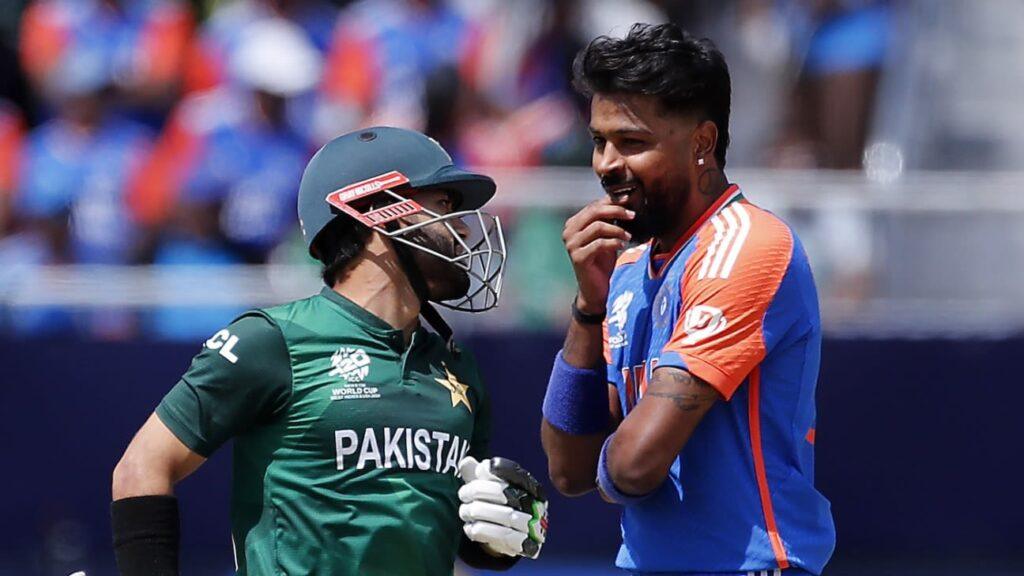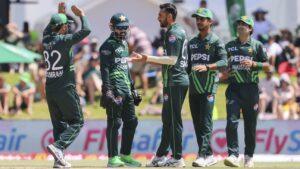Pakinomist has seen a resolution detailing the deal, which went through an ICC board vote. In the agreement, during the 2024-2027 cycle of events, all matches involving India in an event hosted in Pakistan will be played at a neutral venue and, in return, all matches involving Pakistan in an event hosted by India , be played at a neutral location. . In both cases, all matches are considered to include knockout games such as semis and finals.
The agreement begins with the 2025 Men’s Champions Trophy in Pakistan, and will apply to the 2025 Women’s ODI World Cup in India, and the 2026 Men’s T20 World Cup, which is hosted by India and Sri Lanka. The latter event offers an easy solution with Sri Lanka as co-hosts, but that would mean any match India and Pakistan are drawn to play – a group match or a knockout – will take place in Sri Lanka. It could also apply to the 2028 Women’s T20 World Cup, the first tournament of the next cycle of events, which has now been awarded to Pakistan.
The choice of neutral venue will be made by the tournament host and must be approved by the ICC. In case of Champions Trophy, PCB has to suggest a neutral venue within 24 hours of the decision being taken. The UAE has been the frontrunner, although Sri Lanka has also been mentioned. The PCB retains full hosting rights for the event.
The resolution also refers to the possibility of a triangular or quadrangular T20I tournament involving India, Pakistan and another full member from Asia (and an associated Asian nation if it is a quadrangular). This is believed to have been one of the points pressed by the PCB in its negotiations during the impasse, although the ICC has only said that it will not object to such an event being held and that similar neutral venues will apply to those of the ICC – the event model. The resolution also says that no ICC director will make an announcement about the tri-series, which will be solely a matter between the BCCI and the PCB.
It triggered a period of intense negotiations between the PCB, BCCI and ICC, and it was complicated by the poor political relations between the two countries. The governments of both countries were involved in the final approvals of the agreement, but were also present during the process; Mohsin Naqvi, PCB Chairman, is the Home Minister in the Government of Pakistan. Jay Shah, who was BCCI secretary until December 1 when he took over as ICC chairman, is the son of India’s home minister, Amit Shah. The PCB had started by insisting they would not adopt a hybrid model for the event, but subsequently began pushing for any solution to be fairer and fairer in the long term. In that sense, they will be happy to have secured an agreement not to play matches in India in the next two ICC events in the country.



